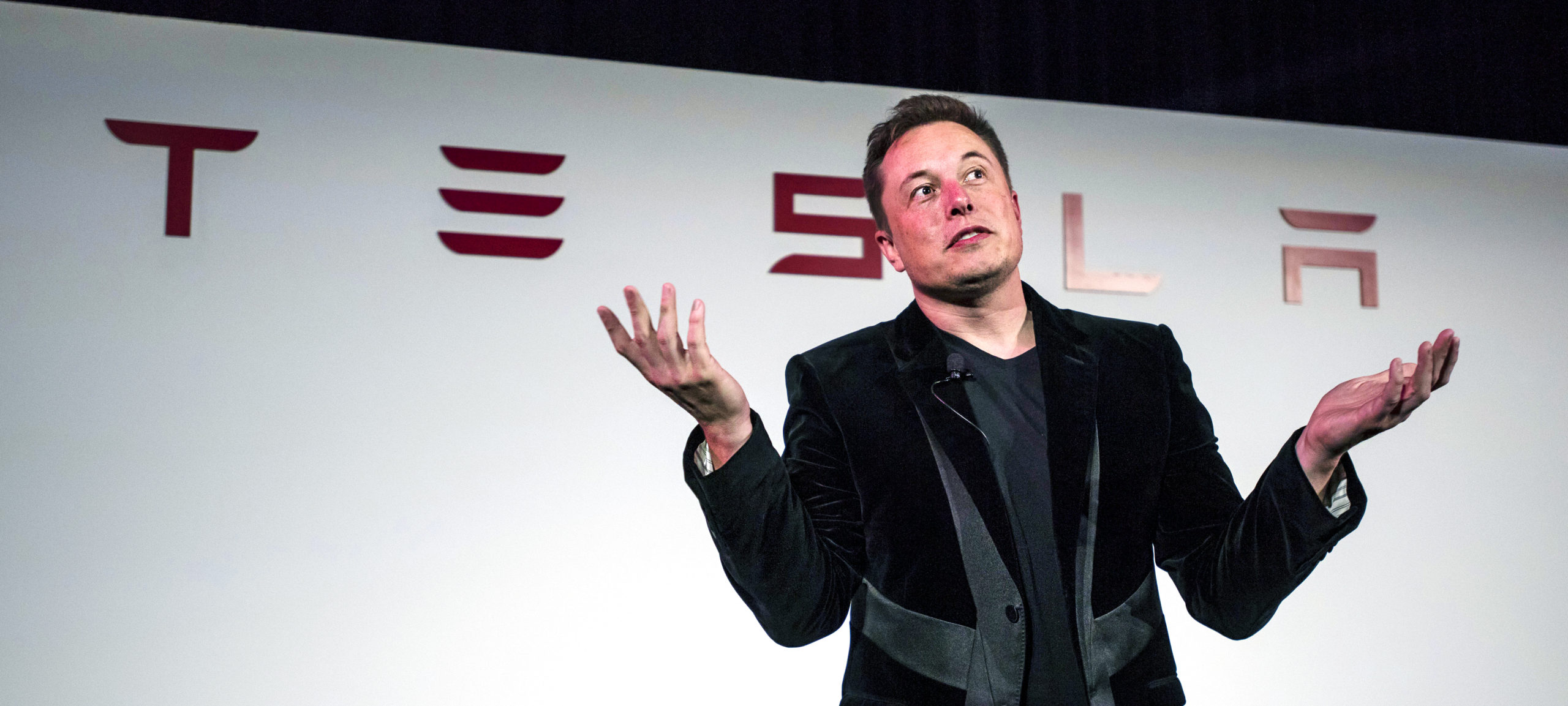After a brief dip in the last few months of 2021, Tesla’s stock price is soaring once again. At the time of writing, it stands at $1149 —just shy of its early-November high of $1222. But even as the markets embrace the company, consumer complaints are beginning to stack up.
The four key obstacles to successful electric cars have long been: battery life; range; reliability; and cost. Tesla makes a strong claim to have solved the first two of these. If you look at the studies being released you will see attractive charts that show a steady, reassuring decline of battery life from 100% to 90% over around 200,000 miles. This should make a Tesla battery as long-living as a petrol or diesel engine. One study comes from internal Tesla data; the other is from survey data gathered amongst their members by an electric car lobbying organisation with a large funding base in the corporate world.
Recall that just last year Pfizer told us that their lucrative vaccines were 95% effective against Covid-19 transmission. That looks like a funny but expensive joke in retrospect. Studies, especially those released by corporations, should be greeted with scepticism.
In the real-world, there are signs that things might not being going according to plan. Last month a Finnish man blew up his 2012 S Model after the battery clapped out. A few months before that a court in Norway fined Tesla over somewhat murky battery issues. Around the same time Chinese regulators raised various quality issues, including around battery fires — a problem that is getting increased attention across the electric car market. Add to that the criticism the company is facing for opening a showroom in Xinjiang and the problems are starting to build up.
As some of the electric cars on the roads reach their first ten years of service, we may find out that outside of the studies they do not last as long as their fossil-fuelled counterparts. Rapid obsolescence is not a good look when you market yourself as eco-friendly. And once consumers realise that they are paying more for a car that will have a fraction of the resale value in a few years, they may turn back to time-tested technologies.
Costs threaten the industry at every level. Tesla is a nearly 20-year-old company. Yet in its more mature years, it has never managed to turn a real profit. The company advertised record profits in 2021, only for investors to discover these were due to Bitcoin trading. Apart from that, only government subsidies in the form of emission credits have managed to allow Tesla to post a profit.
At a certain point, it will be hard not to conclude that the company is hiding the inefficiency of its cars by milking investors. Add to this the sense that as many of the vehicles edge close to the ten-year mark, murmurs of discontent can be heard amongst actual users, and we may find that many of the old problems with electric vehicles return with a vengeance. We can build them. We can drive them. But are they economical? Are they worth the money? Do they stand the test of time? No matter what the marketing tells you, that question has not been answered yet.











Join the discussion
Join like minded readers that support our journalism by becoming a paid subscriber
To join the discussion in the comments, become a paid subscriber.
Join like minded readers that support our journalism, read unlimited articles and enjoy other subscriber-only benefits.
Subscribe